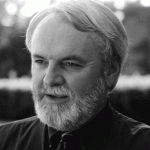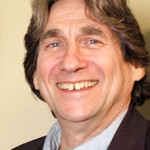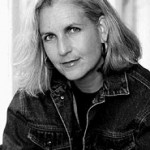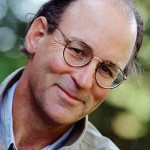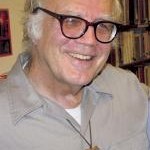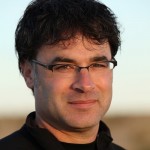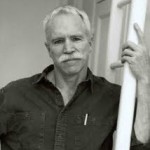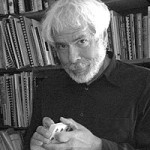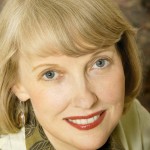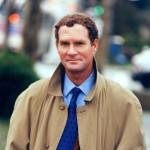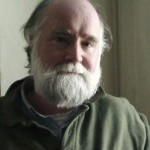Podcast: Play in new window | Download
Subscribe: Apple Podcasts |
[amazon-product align=”right”]0375702709[/amazon-product]
Published in 1997—and an Oprah favorite— [amazon-product text=”A LESSON BEFORE DYING” type=”text”]0375702709[/amazon-product] was chosen as this year’s selection for One Book Holyoke, a community project based on the idea of the Big Read, a program by the National Endowment for the Arts to encourage reading.
One activity was a dramatic reading by the Holyoke based company, Enchanted Circle Theater. They compressed the action of the book into a dramatic script of about an hour and a half. Writers Voice went to a reading at Holyoke City Hall for an audience of local high school students. You can listen to the entire reading here, but we air excerpts on the show.
Listen to the full show here.

